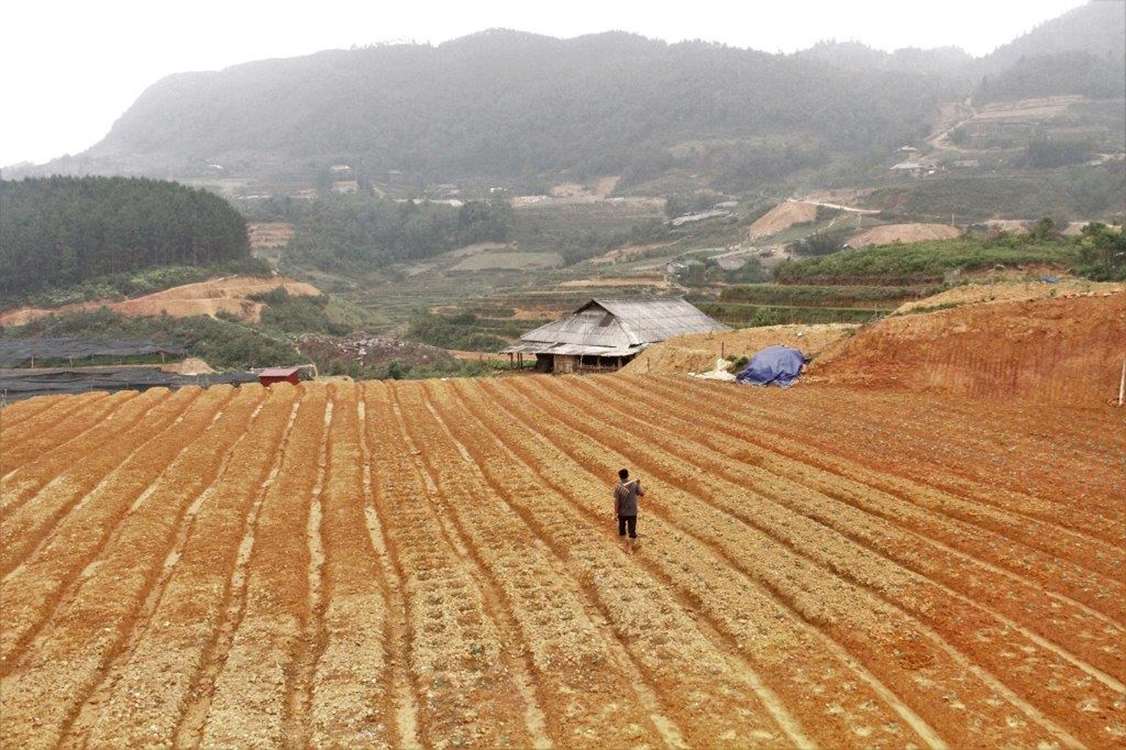COVID-19, rising hunger and climate change urgently need to be battled back in Asia and the Pacific: FAO

COVID-19, rising hunger and climate change urgently need to
be battled back in Asia and the Pacific: FAO
From Iran
and Afghanistan in the west, across populous South and East Asia, and far out
into the Pacific Islands, new ways and approaches are needed to battle back
from COVID-19 and malnutrition as well as mitigate climate change in the Asia
and the Pacific, the Food and Agriculture Organization of the United Nations
(FAO) announced.
COVID-19
still continues to threaten lives and livelihoods and has led to setbacks in
the fight to end hunger and malnutrition in the region. Furthermore, climate
change is another aggravating factor menacing efforts to increase resilience
across our food systems.
In
response, FAO Regional Office for Asia and the Pacific, along with its 46
member states, has convened a four-day virtual conference to closely examine
the present situation of the region’s food security, with a particular emphasis
on implications linked to the spread of the Coronavirus and its impact on food
systems region-wide.
“We must
come to terms with what is before us and recognize that the world and our
region has changed. We must find new ways to move forward and ensure
sustainable food security in the face of these pandemics, as well as prepare
for threats that can and will evolve in the future,” said Jong-Jin Kim,
Assistant Director-General and FAO Regional Representative for Asia and the
Pacific. “This virtual conference brings together the people and ideas to chart
a true course of action for the benefit of all.”
The
conference highlights FAO’s recently launched comprehensive COVID-19 Response and Recovery Programme designed to provide a
flexible and coordinated global response that aims to ensure access to
nutritious food for everyone. The programme includes the mobilization of all
forms of resources and partnerships at country, regional and global level. The
main aim is to mitigate the immediate impacts of the COVID-19 pandemic while
strengthening the longer-term resilience of food systems and livelihoods.
The
conference also considers new marketing channels (such as e-commerce) and new
technologies (including better storage facilities) that will help reduce food
losses, as these are critical to ensure the flow of nutritious foods and to
generate improved incomes for those who work across the entire food and
agriculture sectors.
Equally
critical is enabling smallholder and family farmers – those who produce most of
the food we consume – to become more dynamic, entrepreneurial and competitive
through continual innovation. Smallholders will need much greater access to
financial resources, technology and innovation. Bringing all players together
is crucial for FAO to realizing these gains.
http://www.fao.org/iran/news/detail-events/en/c/1305944/




